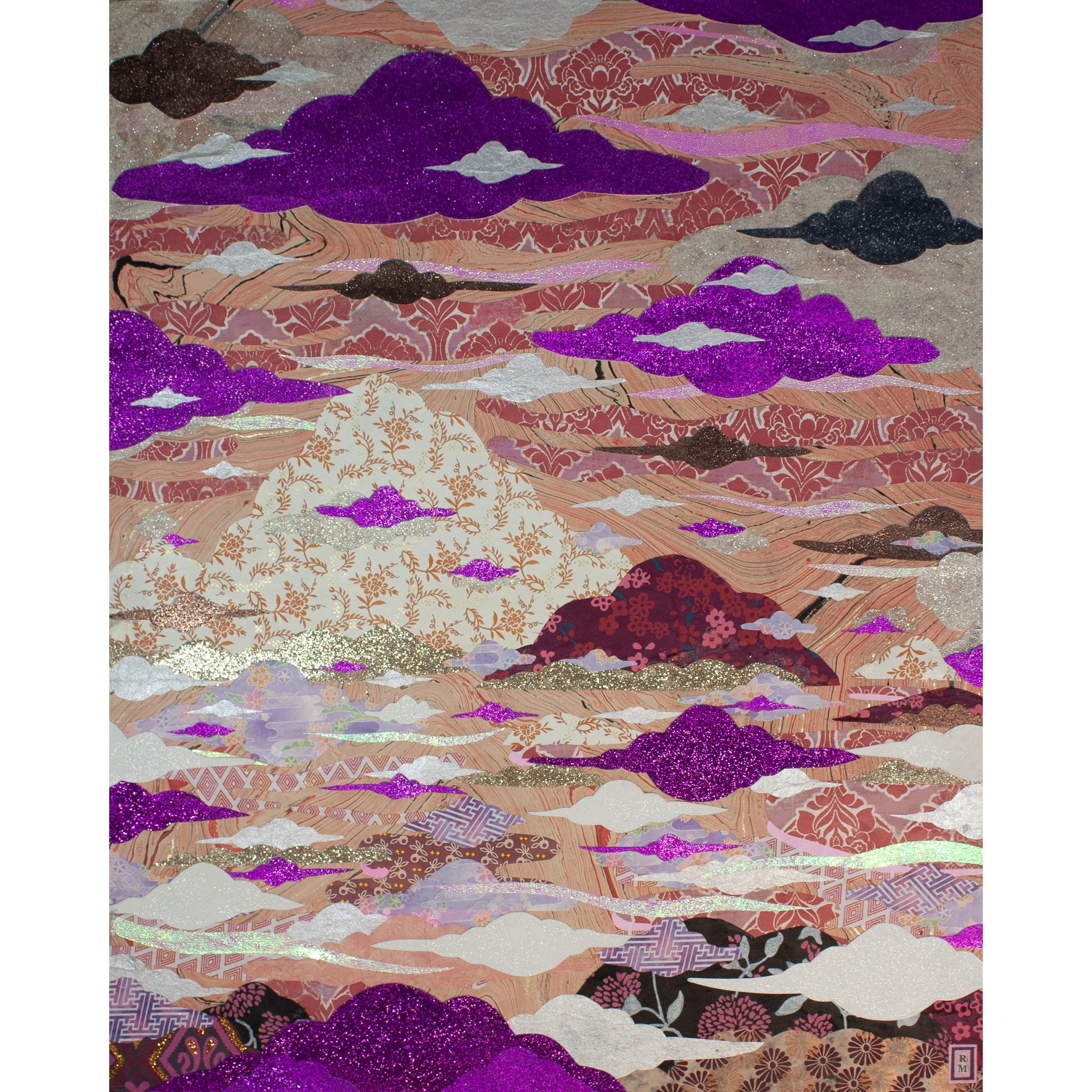“The Awakening of Anna Monthana” by Rick Midler
Anna Montanha was once the quiet pulse of a grand Lisbon house—a loyal maid whose sole devotion was to the azulejos, those painted tiles that held centuries of color and confession. Each morning she would polish their surfaces until the cobalt skies and lemon suns gleamed like living memory. She believed the tiles could feel her touch, that they woke a little more with every stroke of her cloth. “Even walls,” she used to say softly, “can learn to shine again.”
But one spring afternoon, when a merchant was found murdered near the Alfama steps, a frightened witness placed her there. By dusk, the whispers had become chains. Anna fled before the law could flatten her name, vanishing into the misted hills beyond the river. It was said she built herself a refuge from the only thing she trusted—tiles. Thousands of them, stitched into the slope, catching the dawn like fragments of a forgotten cathedral.
Now the villagers call that place Montanha’s Awakening. At sunrise, the hillside flares to life—cerulean and gold, trembling with light as if each tile remembers her hand. Travelers who climb it swear they can hear the faint rhythm of polishing, a steady hum beneath the wind, as though Anna herself were still at work—restoring not the tiles, but the dream of her own becoming.





